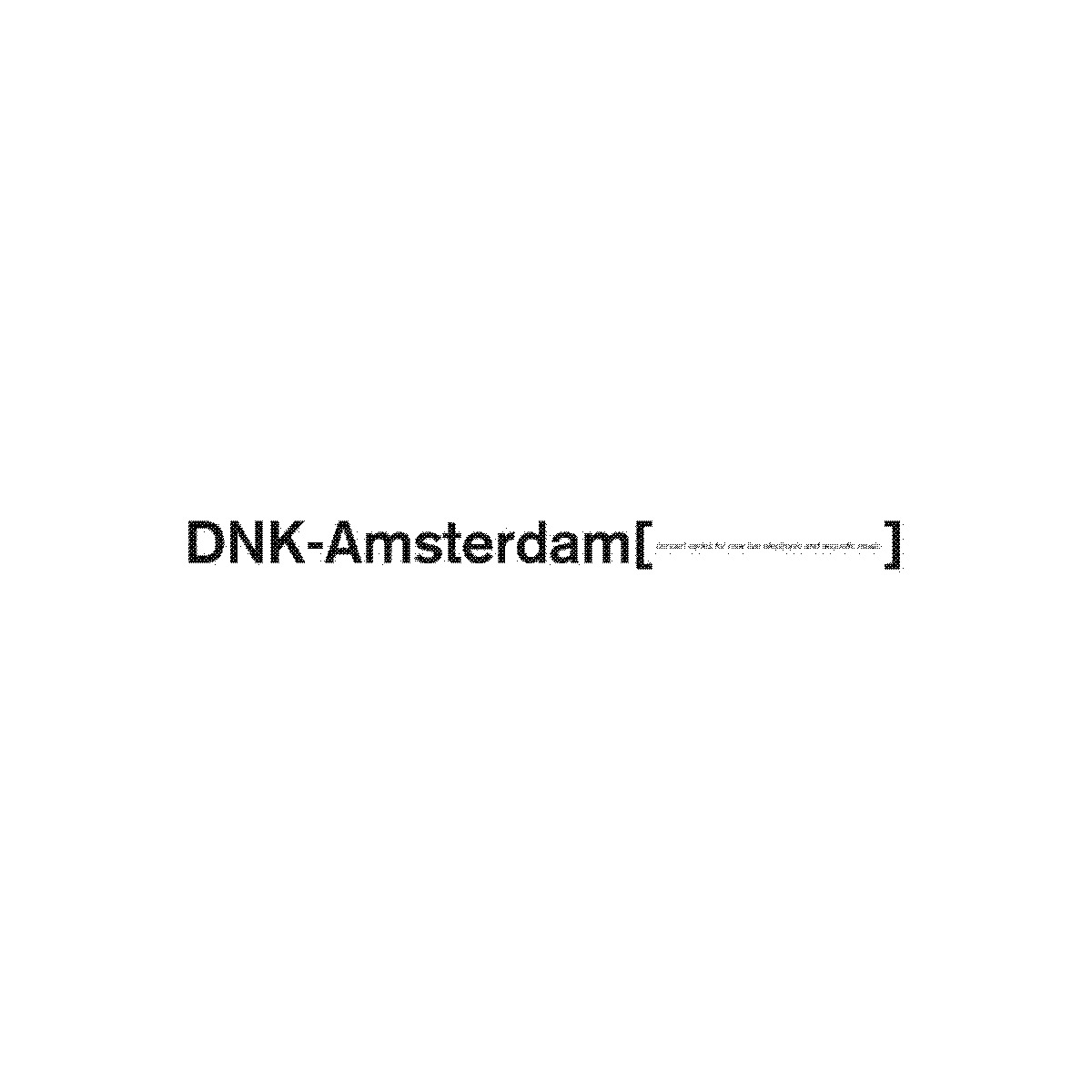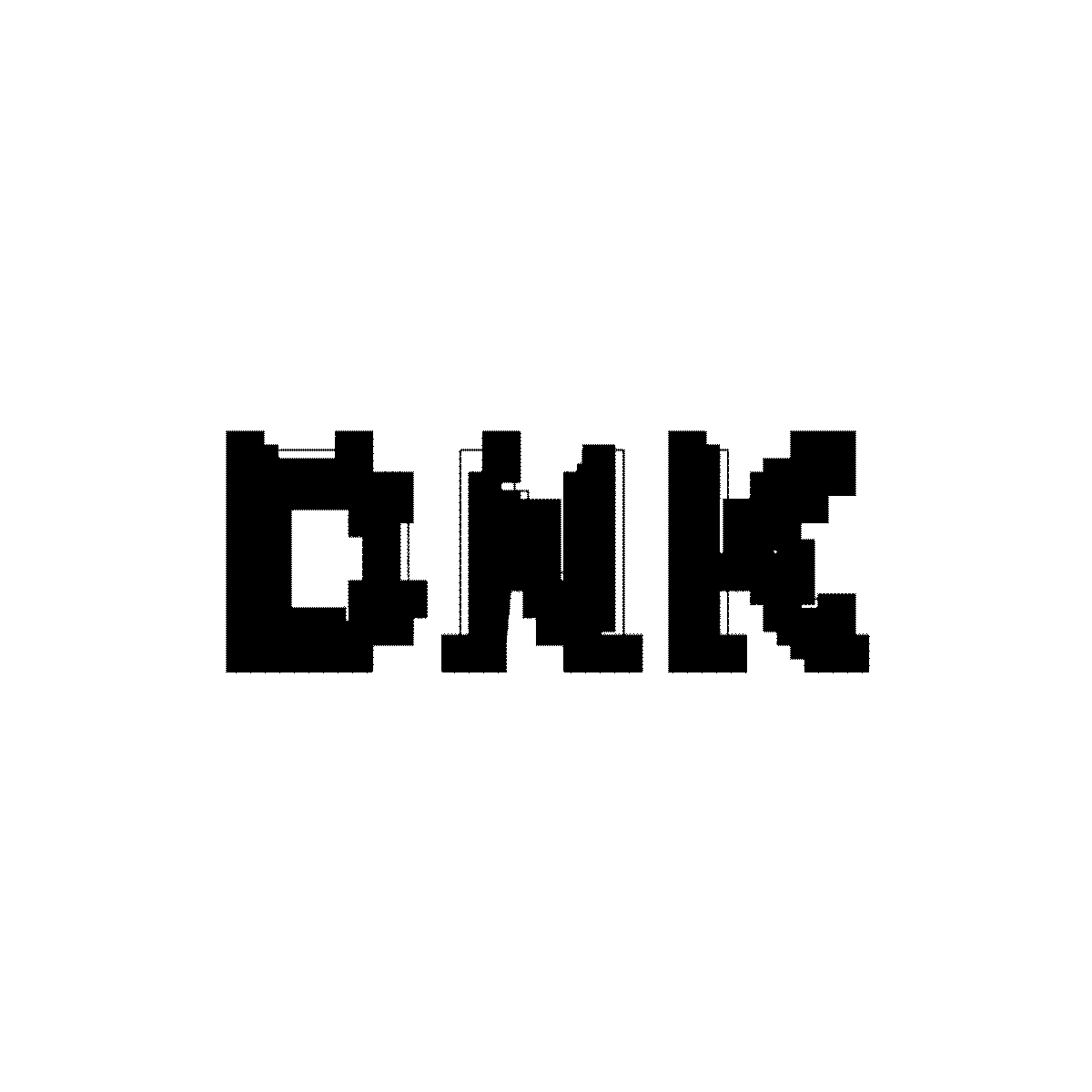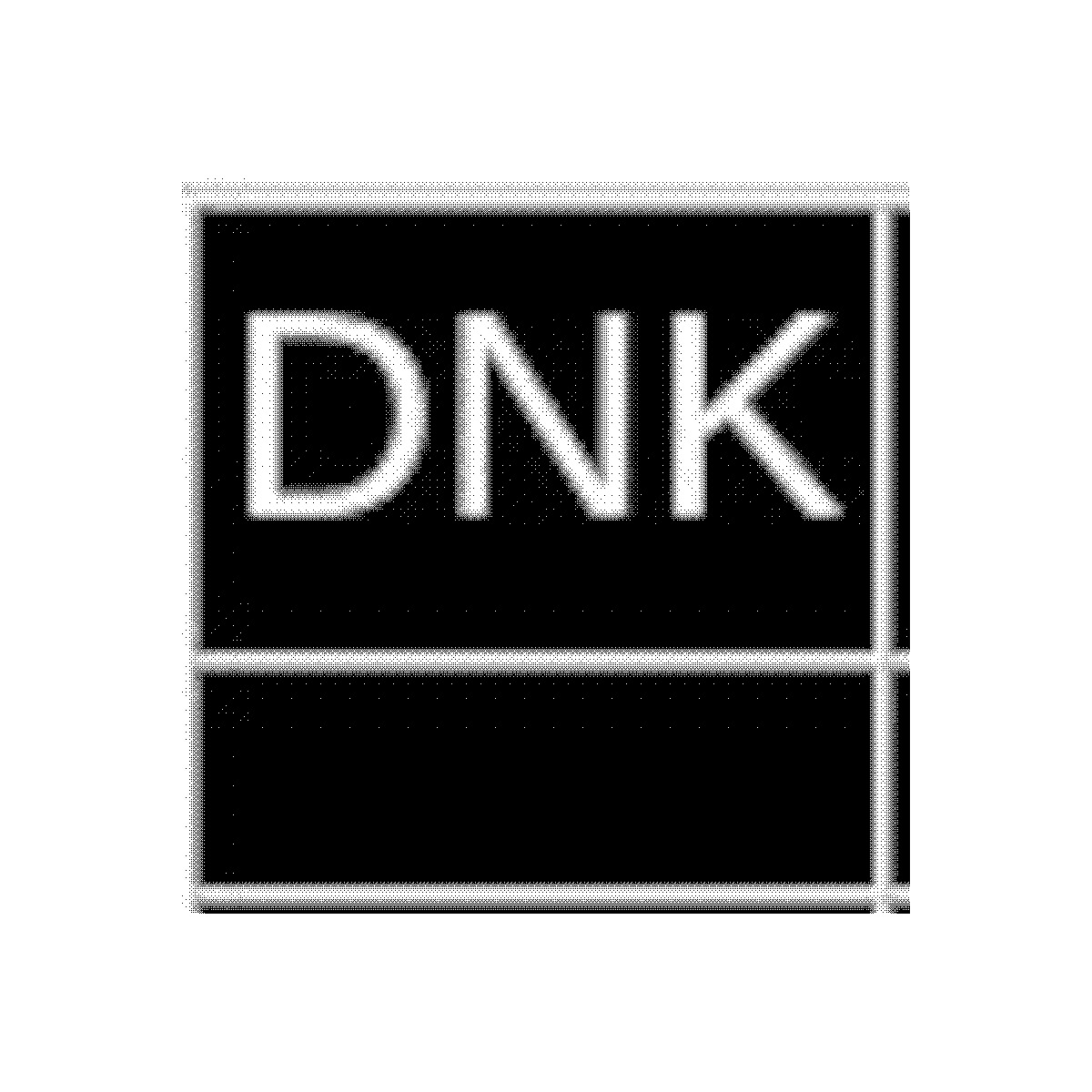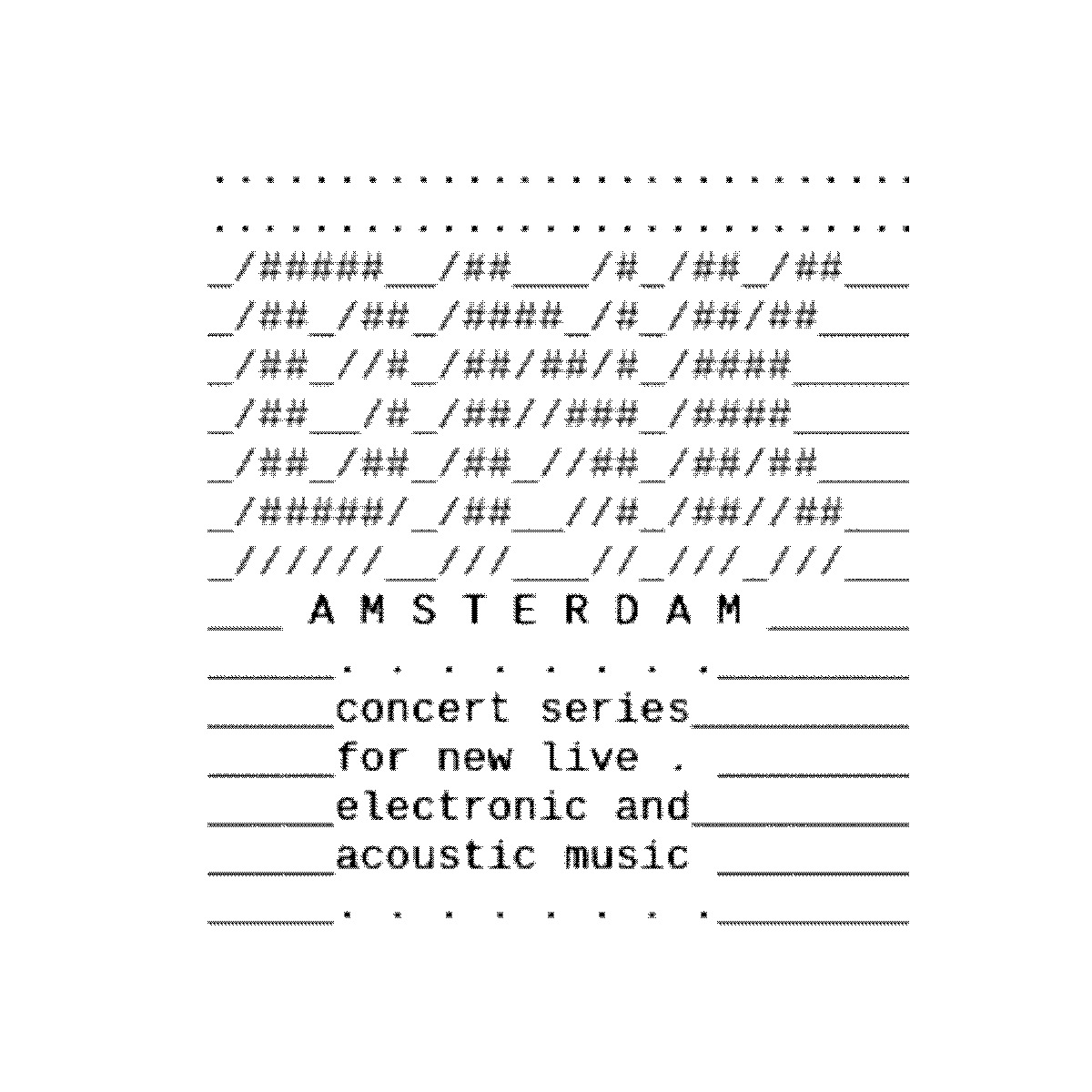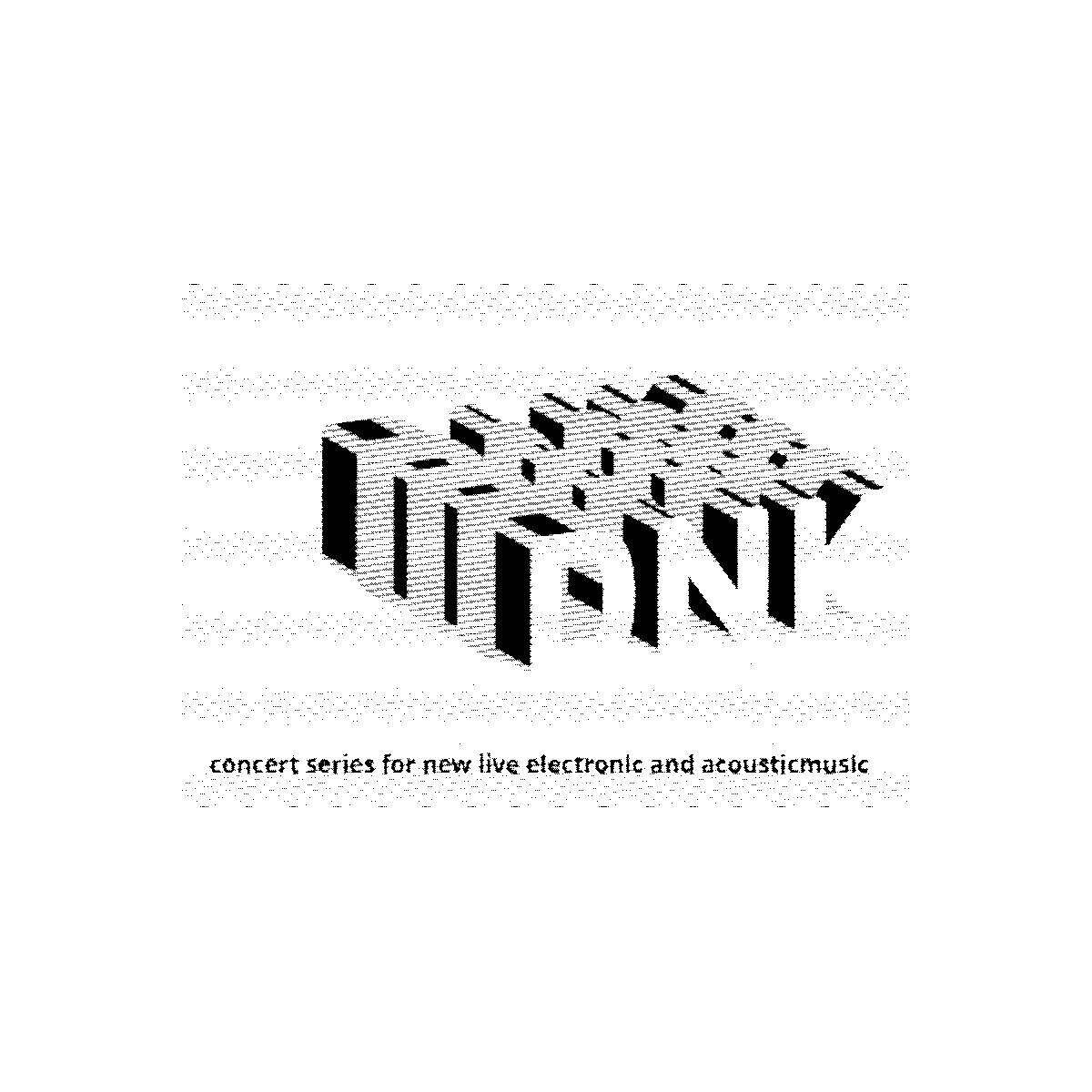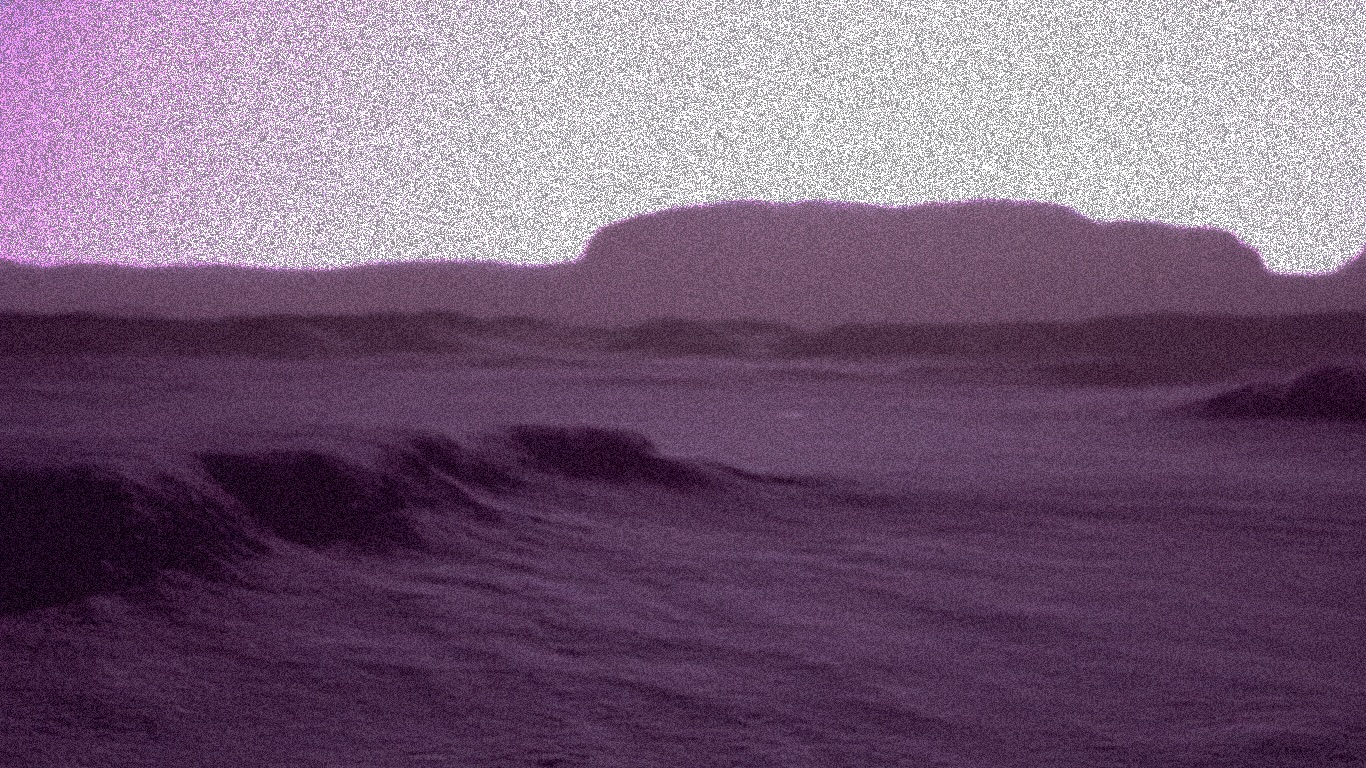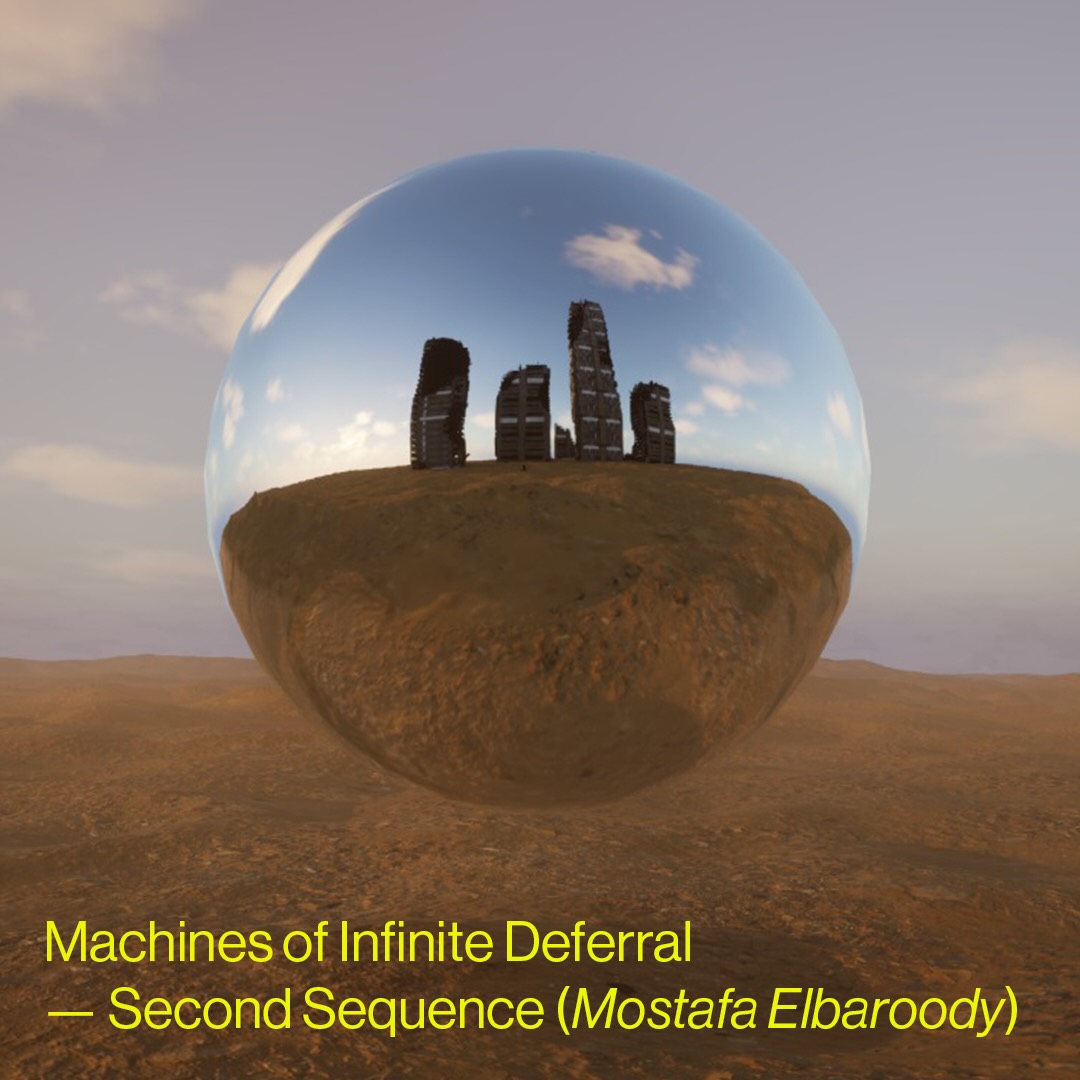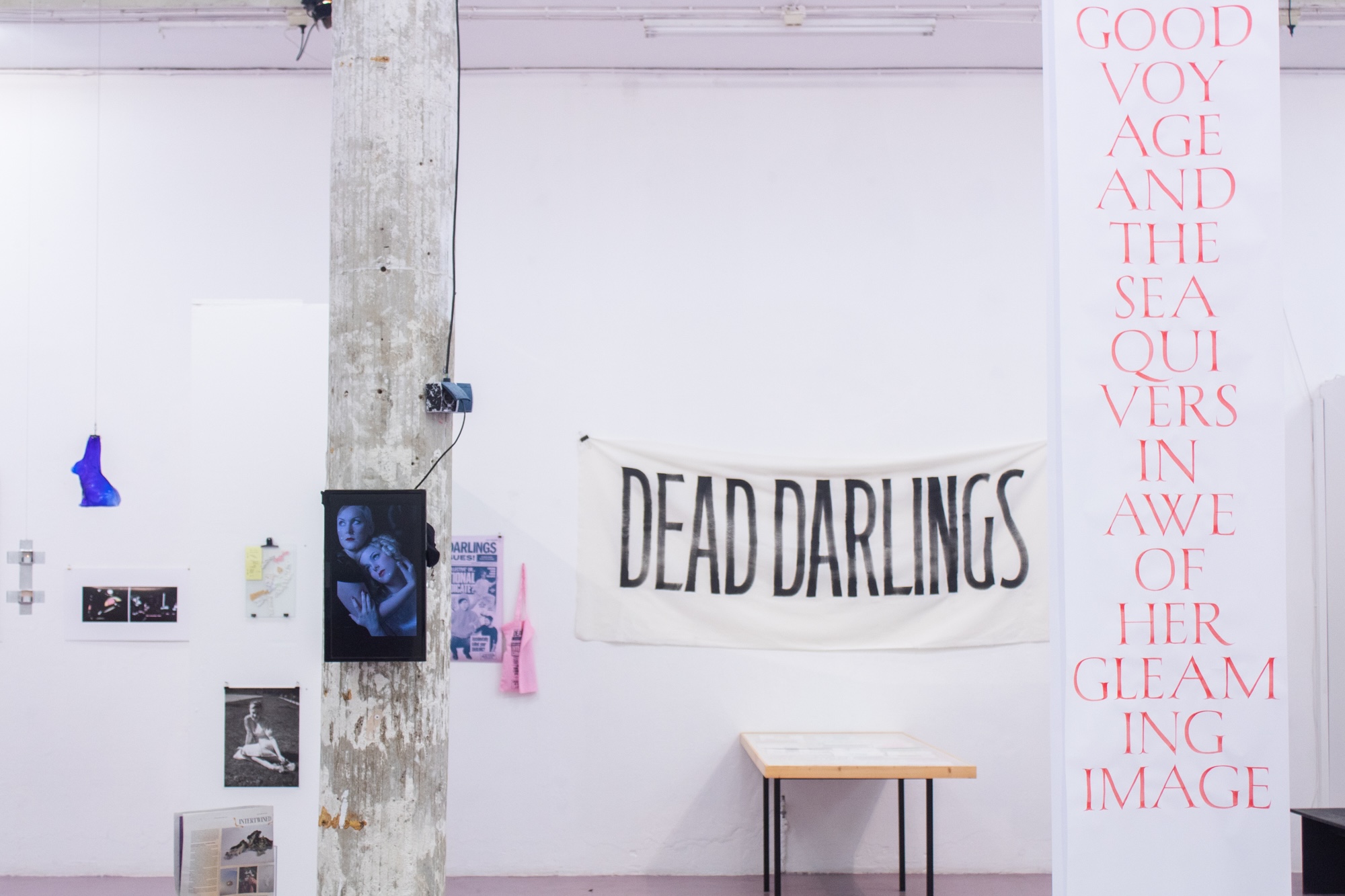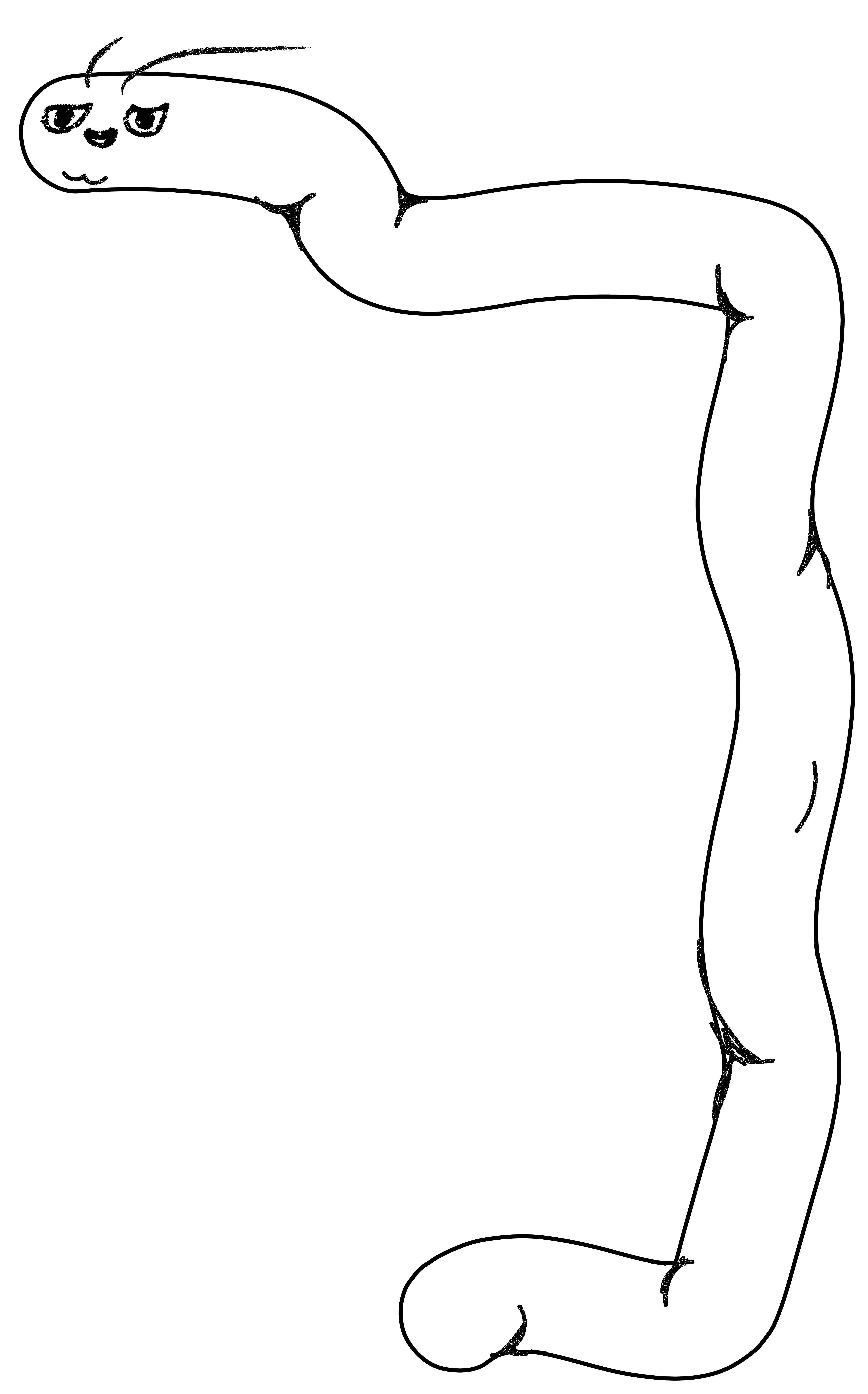Desert Without Sand: Sequential Practices is a space for contemplation and investigation into the desert as both a physical landscape, an abstract concept, and a site for speculation. Through a cluster of activities, including performative reading, public events, and mapping and diagramming workshops, Sequential Practices aims to navigate and discuss multiple performative practices approaching to the desert’s complexity.
Fourth Sequence
Performance lecture A History of Air Wars In The Ghibli Wind by Tewa Barnosa — 19:00
Open rehearsal Tempodesert — 20:00
A History of Air Wars In The Ghibli Wind is the first chapter of an ongoing film trilogy examining intersections between the gaming and military industries. As part of the Para-siting program with Tempodesert, Tewa Barnosa performs a lecture rehearsal investigating overlooked histories of fascist imperialism in Africa, from Italy’s 1911 first aerial bombing in history to 1980s America’s early War on Terror propaganda and 2011 Nato’s intervention in Libya. The Saharan Ghibli wind carries generational memories across temporalities, revealed through recontested archives, video games, oral poetry, and testimonies, interrogating colonial technologies of desert domination and land extraction.
In this open rehearsal-performance, Tempodesert will share a text and a soundtrack developed during the Para-siting programme at W139. The work unfolds as an ongoing negotiation with and through the desert as a rehearsal of thought, sound, and presence. Through this process, they explore ways of speaking about and with the desert: a site of absence and abundance, of stillness and persistence. The performance traces their methodology of working through speculation, a practice of listening, writing, and reconfiguring, where the desert becomes both a landscape and a method of relation.
Tewa Barnosa is an interdisciplinary artist and cultural practitioner living and working between Tripoli and Amsterdam. Her practice spans visual arts, time-based media, performance, and curatorial collaborations. In her work, she investigates historical and contemporary warfare tactics and theatrics in relation to ecological ecosystems, and exploitation of people, land, and resources. An inquiry into language, technology, visual and digital culture as anti-colonial modes of communication. Through working with video, sound, games and objects, she explores absent archives, Bedouin and Amazigh oral literature and music, fiction and political propaganda. Often to interweave narratives in resistance to systems of alienation while centering generational knowledge.
Tempodesert is a performance-based collaboration between Fay Aldhukair and Mohamed Abdelkarim, with occasional contributions from others. It emerged after experiencing the world “after 8/8,” a term coined when Fay and Abdelkarim watched The Draw of the Desert 8/8 Seminar by Iranian philosopher Reza Negarestani on March 15, 2024.
They operate as a performative lab, poetically exploring the holistic and layered temporalities of the desert, geological, ephemeral, eternal, and mythological. Through various mediums such as performances, plays, texts, songs, films, publications, workshops, and walks, Tempodesert seeks to investigate, reclaim, and liberate the desert from colonial narratives and imposed perceptions.
Desert Without Sand: Sequential Practices was made possible by Ettijahat and CBK Rotterdam.
